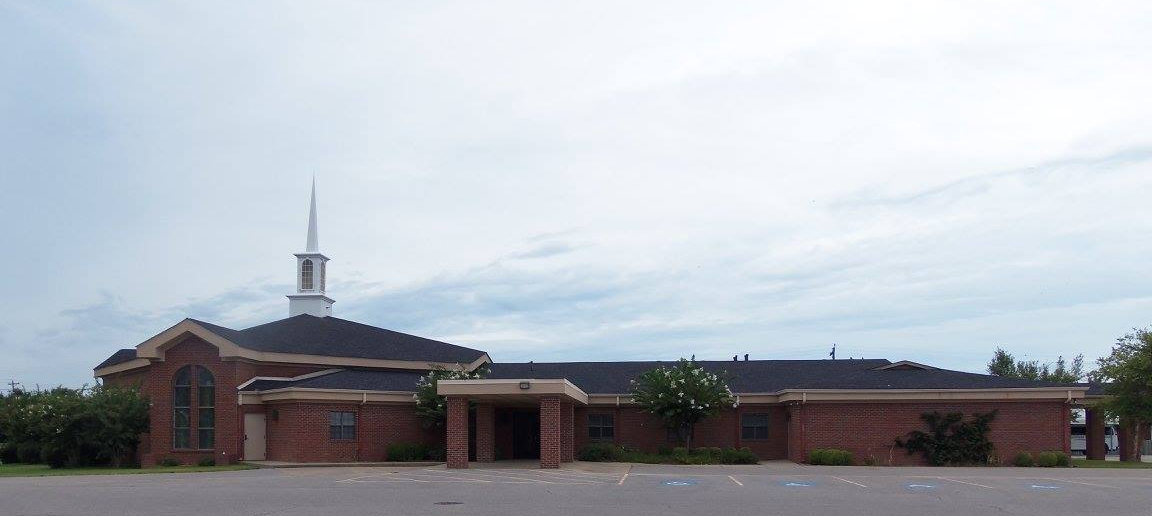In much of what I have read lately from some prominent (and some not-so-prominent) writers among the churches of Christ there seems to be a great difference of opinion concerning what the church of Christ currently is, what it has been, and what is should be going forward. One side accuses the other of abandoning the “Restoration Plea” while another side accuses those who promote the “Restoration Plea” of wanting to restore, not the church of the first century, but the church of the 1950s and 1960s. Still another side castigates both for arguing and disputing over what they deem to be “little things” or “insignificant matters.” It would seem that some what to limit the scope of fellowship to those who believe and act exactly as they do while others seemingly want to “enlarge the tent” to include anyone and everyone who recognizes Jesus as the Messiah, regardless of any other beliefs or actions. Of course, all sides claim to be believing and acting as Jesus would have them to believe and act. Also, the foregoing statements represent something of the extremes of the arguments. Most of the people I know fall somewhere between these two extremes, and I suspect this would be true across the board. I am fully aware of the fact that my thoughts are not God’s thoughts, nor are my ways His ways. His thoughts and ways are so much higher than mine that I cannot comprehend them (cf. Isaiah 55:8, 9). That also makes me aware of the fact that God may approve of some I do not approve and He may not approve of some I do. In any case, mine as well as others, God will be the final judge.
That being said, is there an answer to the dilemma? Is it possible to be a part of the true body of Christ in the 21st century? If so, how can that be accomplished? Some who decry the call to “restore the church of the 1st century derisively say, “Which one? Corinth with it’s divisions and immorality or Ephesus, who had ‘left her first love’ (Revelation 2::4)? Or perhaps you prefer Laodicea, a place of ‘comfortable lukewarmness’ (Revelation 3:15-17)?” On the other hand, those who promote the idea of the Restoration Plea accuse their opponents of abandoning the gospel and promoting an ecumenical approach to religion where (almost) “anything goes.” I believe both are partly wrong and both are partly right.
The answer seems to lie in the kind of people we are. That is, if we will be the kind of persons, both collectively and individually, that Jesus wants us to be, we will be the church that Jesus wants us to be. So the question then becomes, “What kind of person does Jesus want us to be?” The answer is relatively simple – be like Jesus. Scripture tells us what kind of person Jesus was.
He was humbly obedient to His heavenly Father. We are told that He laid aside His equality with God and came to earth in the form of a bond-servant. As such, He was humbly obedient to His Father, even to the point of the death of the cross (Philippians 2:5-8). This obedience was learned “by the things which He suffered” (Hebrews 5:8). Jesus always yielded to His Father’s will in anything and everything – even when it cost Him His life (Luke 22:41-44). Such an attitude of humble submission is something that is common to those early, faithful disciples. We see it in the actions and attitudes exhibited by Paul. His life was totally consumed by His devotion to Jesus (cf. Galatians 2:20). He was willing to, and often did, endure any hardship for the cause of Christ (cf. 2 Corinthians 11:23-29; 2 Timothy 4:6-8). The apostle Peter encouraged that same kind of devotion to Jesus and attitude of conduct. He encourages us to “lay aside malice, deceit, hypocrisy, envy, and evil speaking (1 Peter 2:1) and behave in such a way that even those who despise us will recognize the good that is done (1 Peter 2:11, 12). Jesus, James, and others have reminded us that, if we truly live as Christians in this life, we will suffer. At the same time Peter reminds us of how and for what we ought to suffer (1 Peter 4:12-16).
So, to answer the question, “Do I want to restore the church at Corinth or Laodicea or any other church mentioned in the New Testament?” The answer is an emphatic “NO!” I want to be the kind of person Jesus wants me to be. If I am, then I will be a part of the church that Jesus built.

Comments are closed, but trackbacks and pingbacks are open.